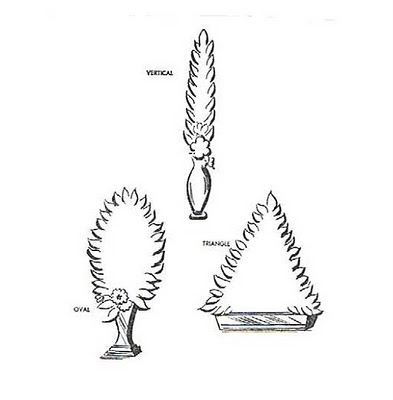
In the traditional calendar, today January 29, is the feast day of St. Francis de Sales (1567- 1622), Bishop of Geneva and the author of Introduction to the Devout Life, Treatise on the Love of God, and other works.*
This wonderful saint was born to aristocratic parents at Thorens, in the Duchy of Savoy (France). He was consecrated the Bishop of Geneva in 1602. At that time, the seat of the Bishop of Geneva was in Annecy in Savoy as the Calvinists controlled Geneva.
St. Francis de Sales fought the heresy of Calvinism and is said to have brought 72,000 heretics to the true Faith. Under his spiritual guidance, St. Jane Frances de Chantal founded the Order of the Visitation. He was beatified in 1661, canonized in 1665, and declared a Doctor of the Church in 1877.
In The Liturgical Year, Dom Gueranger said, "The angelic bishop Francis of Sales has a right to a distinguished position near the Crib of Jesus, on account of the sweetness of his virtues, the childlike simplicity of his heart, and the humility and tenderness of his love."
An touching example of St. Francis de Sales' "simplicity of heart" is found in his statement about St. Mary Magdalene in Introduction to the Devout Life (Part III, Chapter XXIX): "Simon the leper called Magdalene a sinner, because she had once lived a life of sin; but he lied, for she was a sinner no longer, but rather a very saintly penitent, and so our Lord Himself undertook her defense."
The saint died in Lyons. His body was brought to Annecy while his heart was kept at Lyons. He is buried at the Visitation Convent of Annecy. At the time of the French Revolution, the Visitation nuns took his heart from Lyons to Venice. According to the Catholic Encyclopedia, "A great number of wonderful favors have been obtained at his tomb in the Visitation Convent of Annecy."
Image:
St. Francis de Sales from Wikimedia Commons. In the public domain.
-----
*In the Novus Ordo calendar, his feast day was celebrated January 24.







